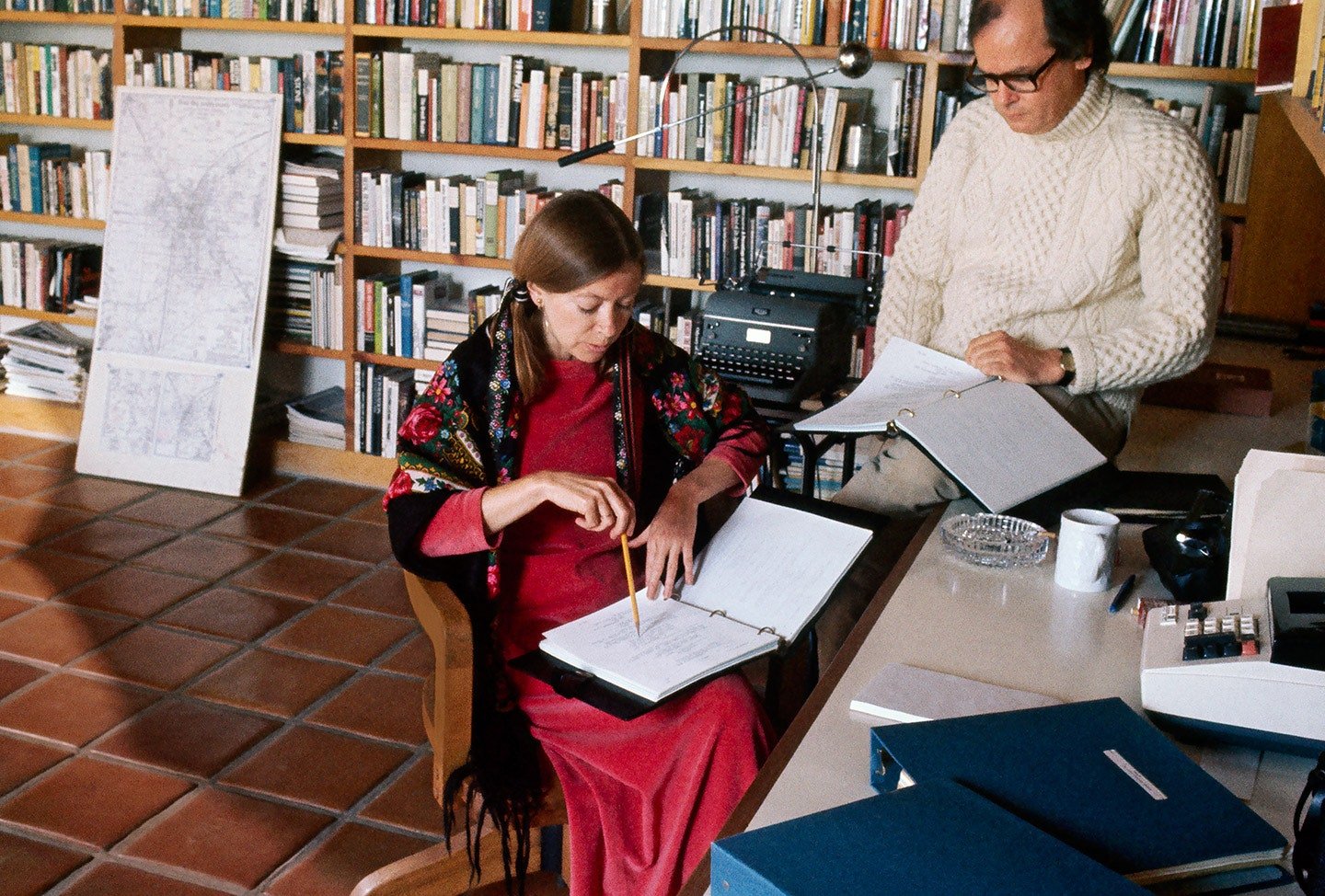Why the printed picture of her instead of just writing down her name? No idea. I have always admired Didion’s writing but I did not remember liking her so much that I felt the need to jot it down. It is so easy to forget who we once were, forget the memories we thought we would keep forever.
We forget all too soon the things we thought we could never forget. We forget the loves and the betrayals alike, forget what we whispered and what we screamed, forget who we were. I have already lost touch with a couple of people I used to be; one of them, a seventeen year-old, presents little threat, although it would be of some interest to me to know again what it feels like to sit on a river levee drinking vodka-and-orange-juice and listening to Les Paul and Mary Ford and their echoes sing “How High the Moon'' on the car radio. (You see I still have the scenes, but I no longer perceive myself among those present, no longer could even improvise the dialogue.
But let this serve as a reminder that any jotted down thought can help remind you, even if for a brief moment. Because when I look at this Didion entry, I don’t necessarily think of Didion, or her writing, or her influence on me right away. I mainly think of who I was back then, what I wanted to do, what I aspired to be. And so I will continue journaling, and encourage you to do it as well. We will all forget what it was like to be twenty one day, to have to pull through those last exams at the end of the session, and to go out for an aperitivo after knowing that you most likely failed that exam you took earlier in the day.
So write those thoughts down! If not to remember, then to reflect.






